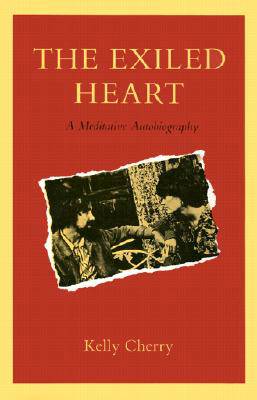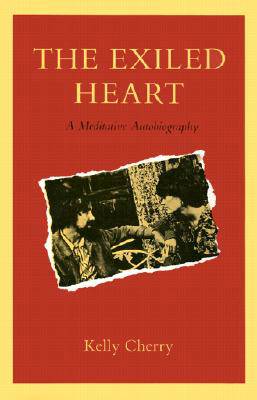
- Afhalen na 1 uur in een winkel met voorraad
- Gratis thuislevering in België vanaf € 30
- Ruim aanbod met 7 miljoen producten
- Afhalen na 1 uur in een winkel met voorraad
- Gratis thuislevering in België vanaf € 30
- Ruim aanbod met 7 miljoen producten
Omschrijving
In January, 1965, in the café of the Hotel Metropol, in Moscow, the young American poet Kelly Cherry met the young Latvian composer Imant Kalnin. They fell in love--and began an alliance of the heart and mind sustained over twenty-five years in the face of threats from the Central Committee, surveillance by the KGB, confiscation of mail by censors, and eve "disinformation." Their passionate friendship, growing out of a recognition of each other's artistic destiny, also survived the hazards of other relationships--romantic and familial--and the professional demands of two careers, and sheer distance. There was more at stake here than just love. Or maybe just love is exactly what this romance was about: the deeply felt attempt to learn whether and why and how to love justly. What can love mean, when the world in which it is expressed and experienced is corrupt?
In The Exiled Heart, Kelly Cherry takes on that profound question, seeking answers to it at every level--theological, political, artistic, personal. In this book that is in the great tradition of Dostoevsky and Anna Akhmatova and at the same time startlingly original and American, she translates experience into a work of classic dimensions. Interpreting in extraordinary prose her firsthand encounters with Latvia and Latvians, describing a weekend at an underground hotel in Leningrad, or recounting misadventures with the Soviet consulate in London (the same cast kept changing characters), she pursues a philosophical quest. The Exiled Heart is a nonfiction narrative journey that, of necessity, makes metaphorical excursions into philosophical territory as Cherry reflects on the nature of justice, the idea of utopia, morality in art, the meaning of despair, the problem of suffering, the possibility of forgiveness. As the author explains in the first chapter, "I didn't know, in 1965, where that train was taking me: to Moscow, I thought, but equally to my heart and my conscience. This book is a kind of log, a moral travelogue if you will, of a course that was set then and there, deep into heartland." These brilliantly conceived and beautifully written side trips broaden an autobiographical story into a tale of political exile and personal covenant that is almost a paradigm for the history of the Cold War and for the faith in the future that has always led people and nations to strive for independence. Beginning with a girl and a boy in a Moscow café, in the end this stunning book is about nothing less that the soul's search for freedom.Specificaties
Betrokkenen
- Auteur(s):
- Uitgeverij:
Inhoud
- Aantal bladzijden:
- 268
- Taal:
- Engels
- Reeks:
Eigenschappen
- Productcode (EAN):
- 9780807116203
- Verschijningsdatum:
- 1/03/1991
- Uitvoering:
- Hardcover
- Formaat:
- Genaaid
- Afmetingen:
- 159 mm x 236 mm
- Gewicht:
- 630 g

Alleen bij Standaard Boekhandel
Beoordelingen
We publiceren alleen reviews die voldoen aan de voorwaarden voor reviews. Bekijk onze voorwaarden voor reviews.











